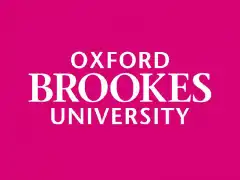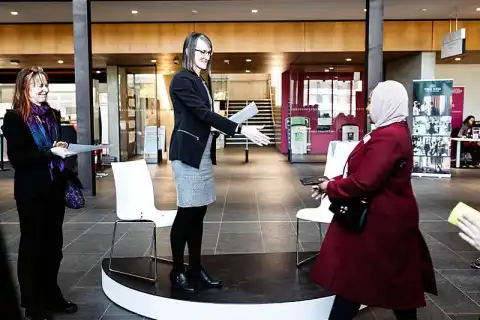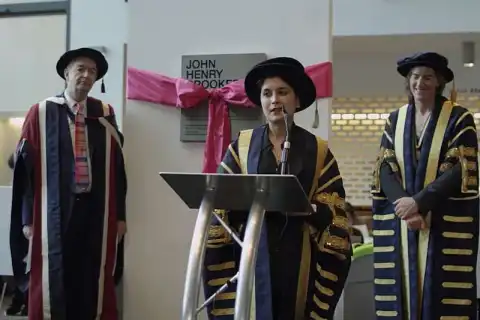Master of Science - Psychology
- 1 year
- Duration
- 17,750 GBP
- Price
- Rolling admission
- Start
- Rolling admission
- Deadline
- Master
- Degree
- Campus
- Format
- Oxford / United Kingdom
- Location
- Oxford Brookes University
- School
Program description
This conversion program has been created with students who aspire to become licensed psychologists in mind. If you are a psychology graduate whose undergraduate degree is not recognized professionally or if you are a psychology graduate of another discipline, our MSc in psychology is perfect for you.
You will gain a qualification in psychology that:
- confers eligibility for graduate membership of the British Psychological Society (BPS)
- establishes the Graduate Basis for Chartered Membership (GBC)
You will develop a grounding in key theories, methods and the practice of psychology in the core areas of:
- development psychology
- cognitive psychology
- biological psychology
- individual differences
- social psychology
- historical and conceptual issues
- psychological health and disorders
- research paradigms
- methods and measurement techniques
- statistical and qualitative analysis
You can put your knowledge into practice to carry out a piece of practical, independent research thanks to the course's integration of theory, research, and practice.
Many of our students use their MSc as a stepping stone to professional psychological training (e.g. educational, occupational or clinical psychology). Some people decide to continue their academic careers by enrolling in specialized master's programs or conducting PhD research. Others have informed us that they have used the abilities and knowledge they have gained in a variety of contexts, such as the publishing industry, the nonprofit sector, and the hotel industry.
Successful course completion results in the development of broad psychological literacy in terms of knowledge and abilities as required by the BPS, as well as the acquisition of interpersonal, practical, communication, and analytical skills that are essential for many careers, whether in psychology or not.
Program structure
Year 1
- Cognitive and Social Aspects of Development (20 credits)
- Conceptual issues and Social Psychology (20 credits)
- Brain and Cognition (20 credits)
- Data Analysis and Statistics for Psychology (20 credits)
- Intelligence, Personality and Individual Differences (20 credits)
- Psychological Health and Disorders (20 credits)
- Qualitative Methods and Research Skills (10 credits)
Final Project
- Research Based Dissertation (50 credits)
Price
- Tuition Fee - 17,750 GBP
Requirements for applicants
Specific Entry Requirements
- an upper second-class or first-class honours degree awarded by a recognised institution of higher education in the UK or overseas
- a lower second class honours degree AND
- 60 CATS (Credit Accumulative Transfer Scheme) credits in Psychology. You must have achieved an average of 60% in these credits. Credits can be gained from a recognised institution of higher education.
English Language Requirements
- If your first language is not English you will require a minimum academic IELTS 6.5 overall with 6.0 in all components.
About the university

The history of Oxford Brookes University spans more than 150 years. We began as a modest School of Art in rented classrooms and have expanded into one of the UK's top modern universities with a reputation for distinction in teaching and research on the local, national, and worldwide levels.
Our primary goal is to provide a top-notch educational experience that helps each of our graduates to be competent, self-assured, and prosperous. The standard of instruction students receive is an integral component of this.
Oxford Brookes works with a wide range of partners both domestically and internationally. Our connections are essential to improving our instruction, research, and information sharing. Additionally, they provide our students a wealth of placement, internship, and employment options.
In cooperation with our Associate College Partners as well as directly, we offer a variety of higher education and degree apprenticeships (ACPs).





